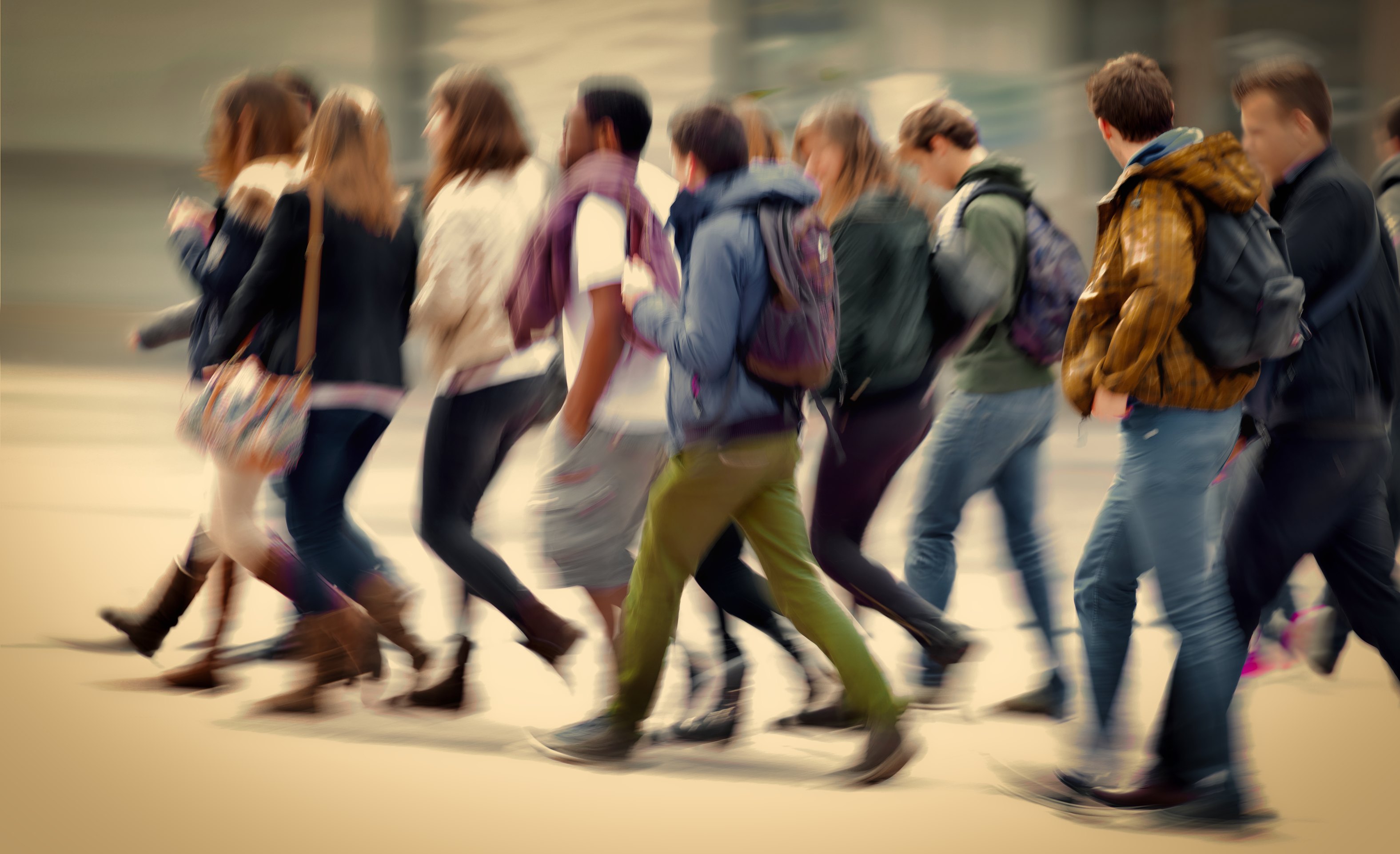Youth Perspective of the COVID-19 Virus
A Report from a Young WiRED Volunteer
By: Meghan Spirito; Edited by Jessie Crowdy
People of all ages are impacted by COVID-19. One of WiRED International’s young volunteers recently interviewed six high school students (aged 16-18) to hear their perspectives on the coronavirus. The following summarized her findings — mixed in with her own opinions.
How do you feel about the coronavirus?
Many students are not very concerned since there is not a significant threat to their age group. One student felt that because the virus is new, it is scary “since we have little information about it, which is why people are freaking out.”
How do you feel adults have been handling the virus outbreak locally?
Locally, adults have been tackling the COVID-19 outbreak by canceling public events, closing schools and implementing social distancing. One student explained that she’s witnessed people buying things they don’t need in large quantities. It is understandable because we don’t have much information about how to prepare or what to do, but sometimes we forget to think about others.
As students, we don’t realize that the lives of people are more critical than our canceled activities, although for many in their last high school sport’s season it’s hard to mentally overcome some of those cancellations.
How do you feel adults have been handling the virus outbreak nationally?
Most students feel as if the government could have gotten ahead of the virus sooner. We are frustrated because once the virus started spreading, there should have been a global effort to stop it or slow it down. Specifically, students think the government forgot to consider the chain effect of traveling.
Do you feel as if you know enough information about the virus?
Students feel that they should have been informed sooner about COVID-19 in school, particularly how to respond to it and how to avoid helping the virus spread. Many freshmen and sophomores feel at a disadvantage because they are not getting as much information as older students.
What sources do you turn to for information?
Students watch the news for information on COVID-19 and read reports by the Centers for Disease Control and Prevention (CDC). The main websites consulted are CDC, World Health Organization and CNN. Generally, students feel the news concentrates on people who are infected while never talking about those who recovered. Many of the students want the media to do a better job of providing more in-depth information and less panic reporting.
Looking at a photo of a giant group of students at the beach in Florida on spring break from a couple days ago, what is your reaction?
Seeing this reckless, irresponsible and inconsiderate behavior angered many students, as the beachgoers want to have fun but are enabling the spread of the virus. It’s upsetting and uncomfortable to watch these young people make these kinds of choices and risk the lives of themselves and others. Multiple students interviewed described those spring breakers as “selfish and immature” because they broke the social distancing protocol.
How do you feel now that you’ve been told to stay home?
Being told to stay home has made the pandemic more personal and worrisome, but we know it is the right thing to do, and social distancing is helping eliminate the spread.
How are you coping?
Without any formal or online school, it’s hard to find a routine that keeps everyone busy for the whole day. Some students have taken up new hobbies and started doing more physical activity and workouts, while one enrolled in an online driver’s education class and another is meeting new people from her future college online.
How are you communicating with your friends?
Most students have been facetiming, texting and snapchatting with one another to stay connected.
Do you have any additional thoughts you would like to share?
Youth today have more ideas and opinions than those often represented in the media. There are so many perspectives to look at. One student wonders if the COVID-19 virus is a product of climate change because we don’t know the exact origin.
It will be difficult for students to continue their education from home. Some don’t yet realize the severity of the situation and see the shutdown as a vacation. However, the shutdown of schools as well as cancellation of graduations and other activities has caused much disappointment among students, especially those in their final athletic season and year of high school. As one student said, “It makes you reflect on your career. It’s an emotional process and makes you feel more empathetic towards others.”
Meghan Spirito is a currently a sophomore in high school and is a volunteer writer at WiRED International. She enjoys English, playing in multiple bands and being a student-athlete.


